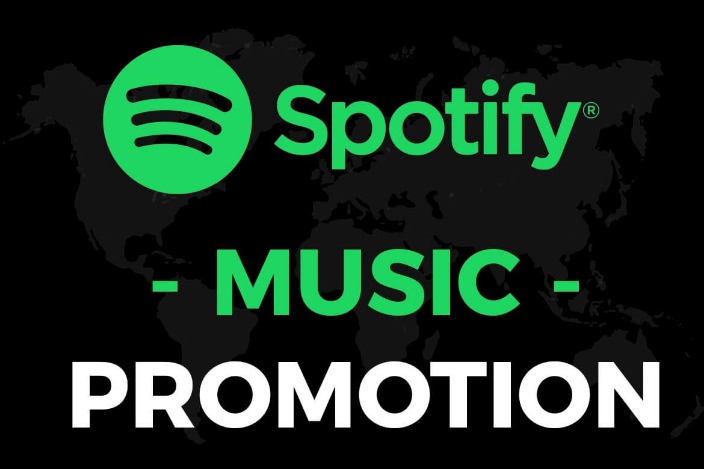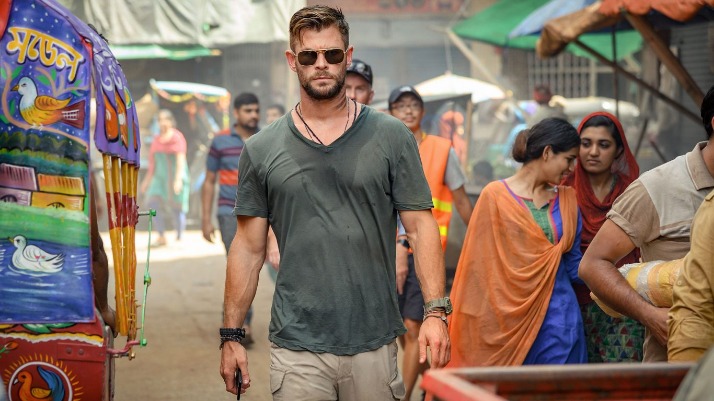The genre of horror movies has long captivated audiences with its intense ability to evoke fear, suspense, and occasionally, disbelief. These films have the unique power to both repel and attract viewers, offering a safe space to explore some of the most primal aspects of the human psyche. From spine-tingling classics to modern psychological thrillers, the world of horror is as diverse as it is chilling.
The Evolution of Horror Movies
Since the birth of cinema, horror movies have been a staple of storytelling, evolving with the times to reflect societal fears and technological advancements. In the early 20th century, silent films like “Nosferatu” introduced viewers to the terrifying possibilities of the supernatural. As technology advanced, so did the genre, with sound adding a new dimension of fear to films like “Dracula” and “Frankenstein” in the 1930s.
The late 20th century saw a resurgence in slasher films, characterized by intense and often graphic violence. Movies like “Halloween,” “A Nightmare on Elm Street,” and “Friday the 13th” became cult classics, popularizing the trope of the invincible serial killer. Today, horror movies continue to thrive, blending elements of science fiction, psychological thrillers, and supernatural terrors to keep audiences on the edge of their seats.
The Psychological Impact of Horror
One of the enduring appeals of horror movies lies in their ability to tap into deep-seated fears. The genre often explores themes such as isolation, the unknown, and the breakdown of society, offering both a reflection of and commentary on real-world anxieties. Additionally, horror movies provide a controlled environment to confront and process fears, allowing viewers to experience heart-pounding scenarios safely.
Psychological resilience is often depicted in these films, as characters navigate increasingly terrifying situations. This empowers audiences by showcasing survival, resilience, and ultimately, conquering fear. The adrenaline rush and complex emotions experienced during a scary movie can also offer a cathartic release, making horror an oddly comforting genre for many.
Modern Horror: A Diverse Landscape
In recent years, there has been a noticeable shift towards more varied and inclusive storytelling within the realm of horror movies. Filmmakers are now exploring different cultures, mythologies, and social issues, often with a keen sense of modern relevance. Movies like “Get Out,” “Hereditary,” and “The Babadook” have garnered critical acclaim for their innovative approaches and insightful critiques of contemporary issues.
The rise of independent filmmakers and streaming platforms has further broadened the scope of horror, facilitating the exploration of niche subgenres and unconventional narratives. This democratization of the genre ensures that fresh voices and unique visions continue to shape the future of horror cinema.
As horror movies continue to evolve, they remain a fascinating reflection of our communal fears and desires, capturing the dark allure of the macabre while illuminating the human condition.
Read more about more info here.



